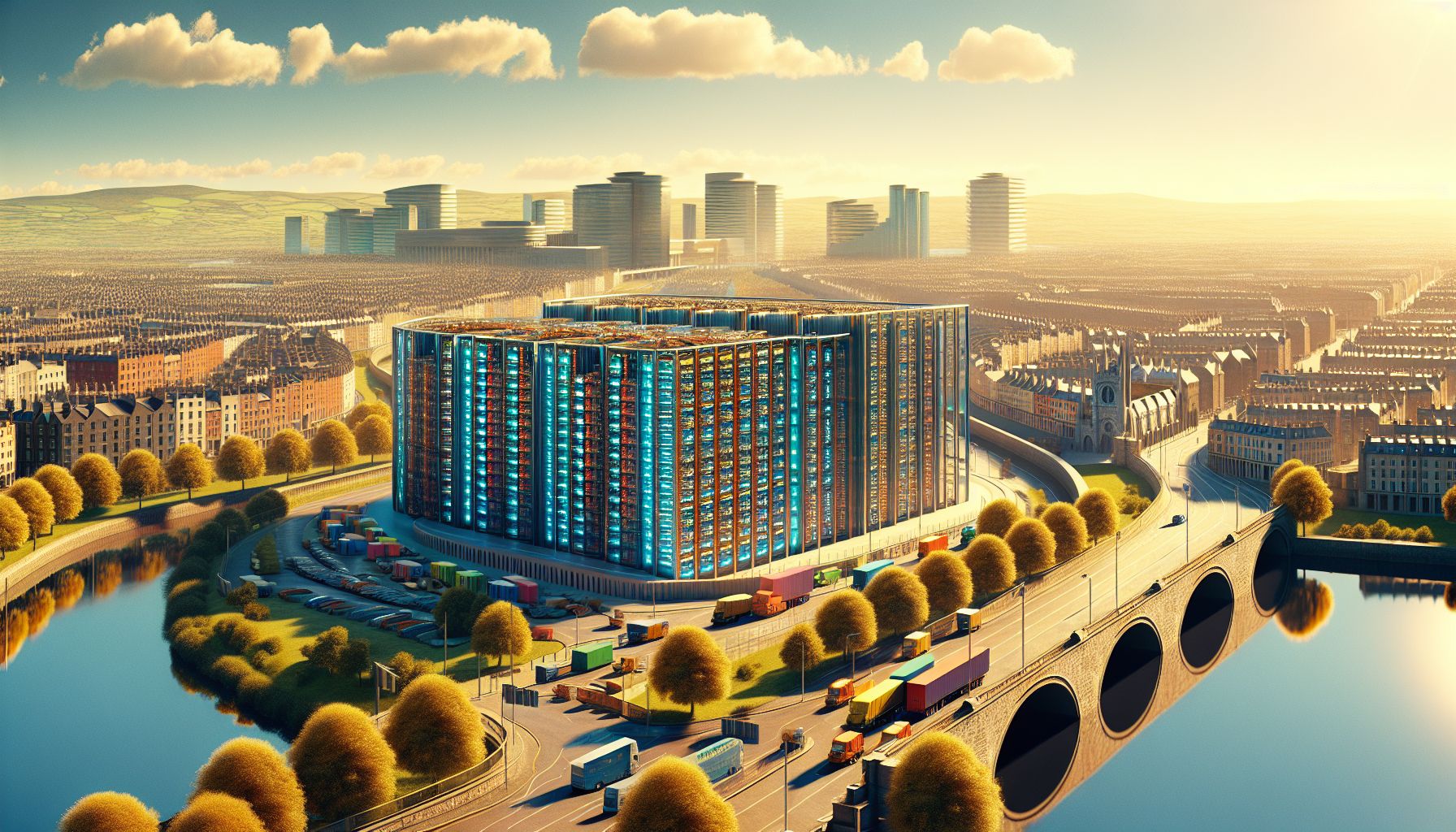Dublin Rejects Google's Data Center: Energy Concerns Outweigh Tech Giant's Plans

Dublin, Thursday, 29 August 2024.
South Dublin County Council denied Google permission for a new data center, citing insufficient information on power grid impact and lack of on-site renewable energy. This decision underscores growing scrutiny of tech companies’ environmental footprint in Ireland, where data centers already consume more electricity than urban households.
A Growing Energy Concern
The rejection of Google’s proposed data center at the Grange Castle Business Park near Dublin reflects a broader concern about energy consumption in Ireland. Recent statistics from Ireland’s Central Statistics Office reveal that data centers consume 21% of the national grid’s energy, surpassing the 18% used by urban households[1]. This increasing energy demand has raised alarms among both policymakers and the public, particularly as Ireland strives to meet stringent carbon emission reduction targets.
Google’s Plans and Setbacks
Google Ireland aimed to expand its data center operations by developing a 72,400 square meter facility at the Grange Castle campus. This new data center was intended to support Google’s growing data storage needs, incorporating data halls, staff facilities, and other support infrastructure[1]. However, the South Dublin County Council’s decision, issued on August 23, 2024, highlighted the lack of sufficient details on how the proposed facility would impact the power supply once operational in 2027[2]. The council also cited the absence of substantial on-site renewable energy sources as a critical factor in its rejection[3].
Environmental and Sustainability Implications
The environmental implications of data centers have become a focal point in the debate over tech infrastructure expansion. Data centers are known for their high energy consumption, primarily driven by the need for constant cooling and power conversion. Google has previously invested heavily in making its data centers more energy-efficient, employing advanced air cooling systems that utilize Ireland’s cooler climate to reduce reliance on power-hungry air conditioning units[4]. Despite these efforts, the council’s decision signals that more robust sustainability measures are required to gain approval for new projects.
The Competitive Landscape
Dublin has emerged as a significant hub for data centers in Europe, attracting major tech companies like Amazon, Microsoft, Vantage, Digital Realty, CyrusOne, and EdgeConneX[3]. Amazon, for instance, recently received planning permission for three new data centers in Fingal County, Dublin, as part of its expansion efforts in Ireland. This competitive landscape underscores the growing demand for data storage infrastructure, fueled by advancements in technologies like artificial intelligence (AI), which significantly increase data processing and storage requirements.
Future Prospects and Alternatives
Google Ireland now has four weeks to appeal the South Dublin County Council’s decision, a process that will involve further scrutiny of its energy plans and sustainability measures[4]. The rejection serves as a reminder that while data centers are critical for technological progress, their environmental footprint cannot be ignored. Moving forward, tech companies may need to explore alternative energy solutions, such as integrating more renewable energy sources and improving energy efficiency, to align with both regulatory requirements and public expectations.

